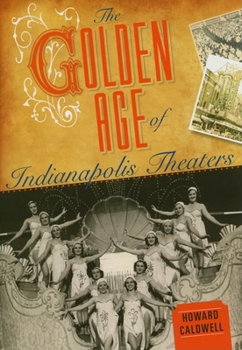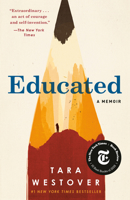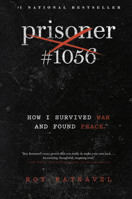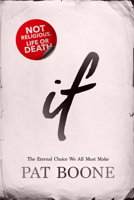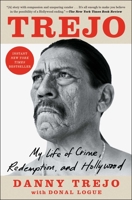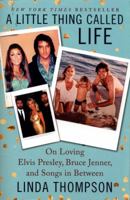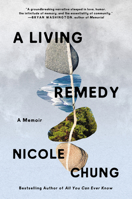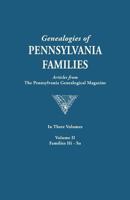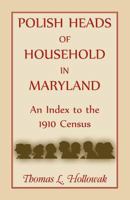The Golden Age of Indianapolis Theaters
Select Format
Select Condition 
You Might Also Enjoy
Book Overview
Opening a window on a storied past, longtime Indianapolis television journalist and lifelong theatergoer Howard Caldwell presents the story of the magnificent theaters of Indianapolis. Caldwell shares with us the pleasure these majestic spaces brought to thousands of Hoosiers during their glory days--when an outing to the theater was a special event and film was still a marvel of technology. He discusses the roles played by the greatest stars of the day and relates the origins of Indy's famous theaters: the Murat, the Circle, the Indiana, the English, and the Lyric, to name a few. Caldwell points out which theaters featured burlesque shows and vaudeville routines, explores the traditions of regional and national theater productions, notes when the first motion pictures and talkies came to town, and highlights old time musical reviews and symphonic performances. Vividly illustrated with rare photos and anecdotes, The Golden Age of Indianapolis Theaters celebrates the city's rich theater tradition.









